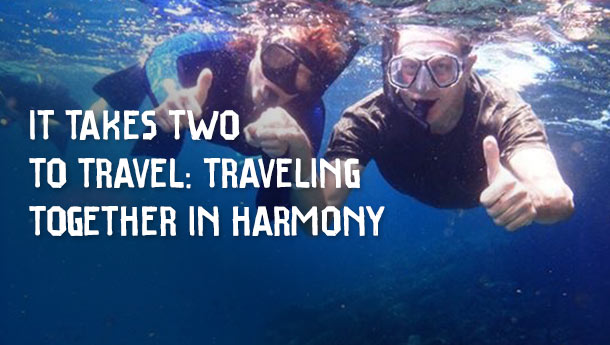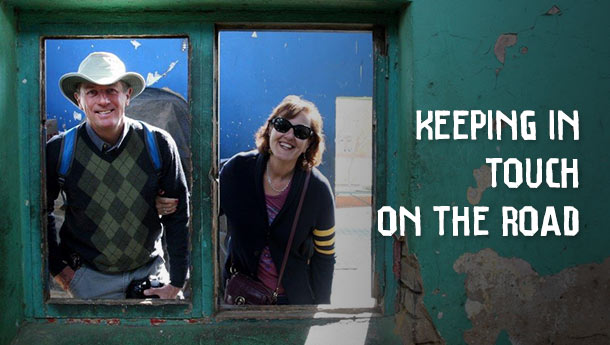Malarone? Doxycycline? Which is the Right Malaria Med For Your Safari?
Think About Malaria Prevention Before Going to a Malarial Area.
If I had to tabulate which question people ask Derek and me most frequently, “What should I do about malaria?” would be a strong contender for 1st Place. Malarone? Doxycycline? Which is right for you?
Let me state, right here, right now – Derek and I have had NO MEDICAL TRAINING. What we do have is our fair share of anecdotal and “on-the-ground” experience, and what we share here is our own practice. Malarial strains vary from area to area, and you MUST discuss your decision with your doctor.
Of course, when seeking information to stay healthy and happy on a trip, there is no silly question. But, let’s put this puppy to rest now – THERE IS NO SHOT OR INOCULATION for malaria. If you are travelling into a malaria zone, you must take oral meds, unless you decided that bite prevention is going to be your strategy.
Can I Still Go On Safari If I Want to Avoid Malarial Areas?
If travelling into a malaria zone really scares you (and it shouldn’t), South Africa does have safari lodges that are 100% malaria-free. Explore options in the Eastern Cape, North West Province (including Pilanesberg National Park and the Madikwe Game Reserve) and the Waterberg.
What does the CDC Have to Say?
The Center for Disease Control has finally updated their website, and is a great resource for the pros and cons of commonly prescribed drugs. Check out https://www.cdc.gov/malaria/travelers/drugs.html for in-depth info. There is also a country-by-country map which is especially important to check, for example, chloroquine resistance. https://www.cdc.gov/malaria/travelers/country_table/a.html . Here’s a brief wrap-up of top choices.
Malarone
THE GOOD:
Start taking the drug 1-2 days before travelling to an affected area
Good choice for shorter trips because you only have to take meds for 7 days after travel
THE BAD:
More expensive than other options
Cannot be used by pregnant or breastfeeding women
Cannot be taken by people with severe renal impairment
Can upset your stomach (it really did a number on me!)
Doxycycline
THE GOOD
The least expensive antimalarial
Start taking the drug 1-2 days before travelling to an affected area
Doxy can also prevent some additional infections, and may be preferred by people who also plan hiking, camping and wading in fresh water
THE BAD
Must be taken for 4 weeks after travel
Women prone to vaginal yeast infections may prefer another choice
Increased risk of sun sensitivity
Cannot be used by pregnant women
Chloroquine
THE GOOD
Taken once per week
May be used in all trimesters of pregnancy
THE BAD
Cannot be used in areas with chloroquine or mefloquine resistance (and these are plenty).
Drug needs to be started 1-2 weeks prior to travel
Larium
This is an older drug still prescribed by some doctors. The CDC warns it must not be used in patients with certain psychiatric conditions or seizure disorders. In our experience, Larium can cause frightening dreams and hallucinations and we would not recommend it our worst enemies. But that’s just us.












